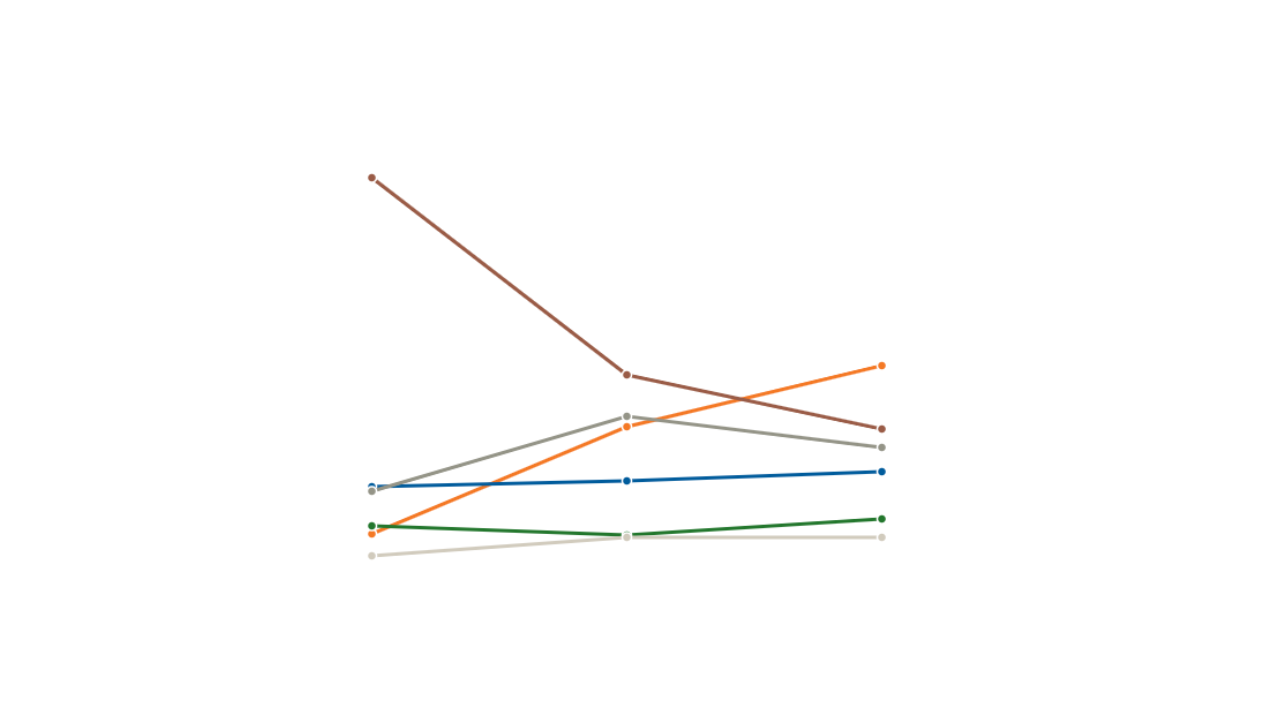Where is Peru Headed?
Where is Peru Headed?
Two days after a closely watched June 5 runoff election in Peru, a COA panel centered on the candidates’ polarizing campaigns, uncertainty about President-elect Ollanta Humala’s political leanings, and his domestic and foreign policy agendas.
Speakers:
- Alexander Watson, former U.S. Ambassador to Peru and former Assistant Secretary of State for Inter-American Affairs
- Dennis Jett, former U.S. Ambassador to Peru
- Cynthia McClintock, Professor of Political Science, The George Washington University
Moderator:
- Eric Farnsworth, Vice President, Americas Society/Council of the Americas
Summary
Two days after a closely watched June 5 runoff election in Peru, Council of the Americas hosted a discussion on the implications of Ollanta Humala’s presidential victory. The conversation centered on the candidates’ polarizing campaigns, uncertainty about Humala’s political leanings, and Humala’s domestic and foreign policy agendas.
Election Overview
George Washington University Professor Cynthia McClintock praised Peru for the orderly runoff election that took place on June 5 after the heated campaigns of Humala and Keiko Fujimori. The first round of elections took place in April and resulted in the elimination of three moderate contenders. The runoff was unusual for its absence of a candidate favored by the centrist Lima political establishment, but the three centrist candidates knocked each other out, according to former U.S. Ambassador to Peru Dennis Jett. Humala’s support comes primarily from the lower social strata of Peruvian society, largely composed of rural and indigenous populations that want to experience the benefits of Peru’s economic success. Fujimori’s backers include those on the right who defend the legacy of her father, ex-President Alberto Fujimori, for defeating domestic terrorism and inflation during his rule from 1990 to 2000. (The former leader is currently incarcerated for corruption and human rights abuses). Former U.S. Ambassador to Peru and former Assistant Secretary of State for Inter-American Affairs Alexander Watson noted the impact on the election of Peru’s three profound Peruvian sociopolitical fault lines: rich versus poor, European descendants versus indigenous Peruvians, and coastal populations versus the rural interior. While Fujimori took Lima and Peru’s northern coast, Humala swept the rest of the country.
Radical or Center Left?
AS/COA Vice President Eric Farnsworth questioned the speakers about where Humala will fall on the political spectrum as president, asking if he would be “a Chávez or a Lula” or will he “simply be Humala?” In response, Watson emphasized the evolving nature of Humala’s political views. Since his failed 2006 presidential bid, Humala has gravitated toward the center. He has distanced himself from former ally Venezuelan President Hugo Chavez and has appeared to model himself after the more moderate Luiz Inácio Lula da Silva, former president of Brazil. Representatives from Lula’s Partido dos Trabalhadores (Workers’ Party) even traveled to Peru to advise Humala’s campaign. Still, Jett pointed out that it’s too early to tell whether Humala will be “a pragmatist or an ideologue,” though panelists agreed that Humala’s selection of economic advisors will be a key signal of his long-term political direction. Said Jett: “I’ve gone from fairly pessimistic to cautiously pessimistic.”
Humala’s Domestic Agenda
Jett underscored the importance of quick delivery on campaign promises to Humala’s mostly poor base. At the same time, Humala will be pressured by other sectors to maintain orthodox economic policies. McClintock suggested what she describes as relatively uncontroversial and immediate measures to satisfy his supporters: the expansion of a preexisting cash transfer program and an increase in the minimum wage. Watson predicted Humala would promote a more active state role in the economy and increase taxation on the mining sector to help fund promised social programs. Jett recommended creation of an independent body to investigate charges of government corruption to boost Humala’s anti-corruption credibility.
Implications for Peru’s Foreign Relations
While current President Alan García has worked to expand relations with Asia, Humala is expected to turn the focus back to Peru’s South American neighbors. This shift in priorities combined with Humala’s strong ties with Lula bode well for Brazilian companies, which have invested heavily in Peru’s mining and infrastructure sectors. As Watson put it, “Brazil has a strong interest [in Peru], and they will play their cards carefully and will probably be successful.” Panelists didn’t rule out a worst-case scenario of Humala opting to seize foreign assets, but they agreed that the number and variety of countries with economic interests in Peru would make such a decision extremely costly.
Jett suggested that the United States should make support for Humala’s political evolution “in a positive direction” a foreign policy goal. Watson encouraged the U.S. government to reach out to Peru in an “egalitarian way.” Potential areas for cooperation include human rights, as both countries are now members of the UN Human Rights Council, and efforts to combat narcotics trafficking.







